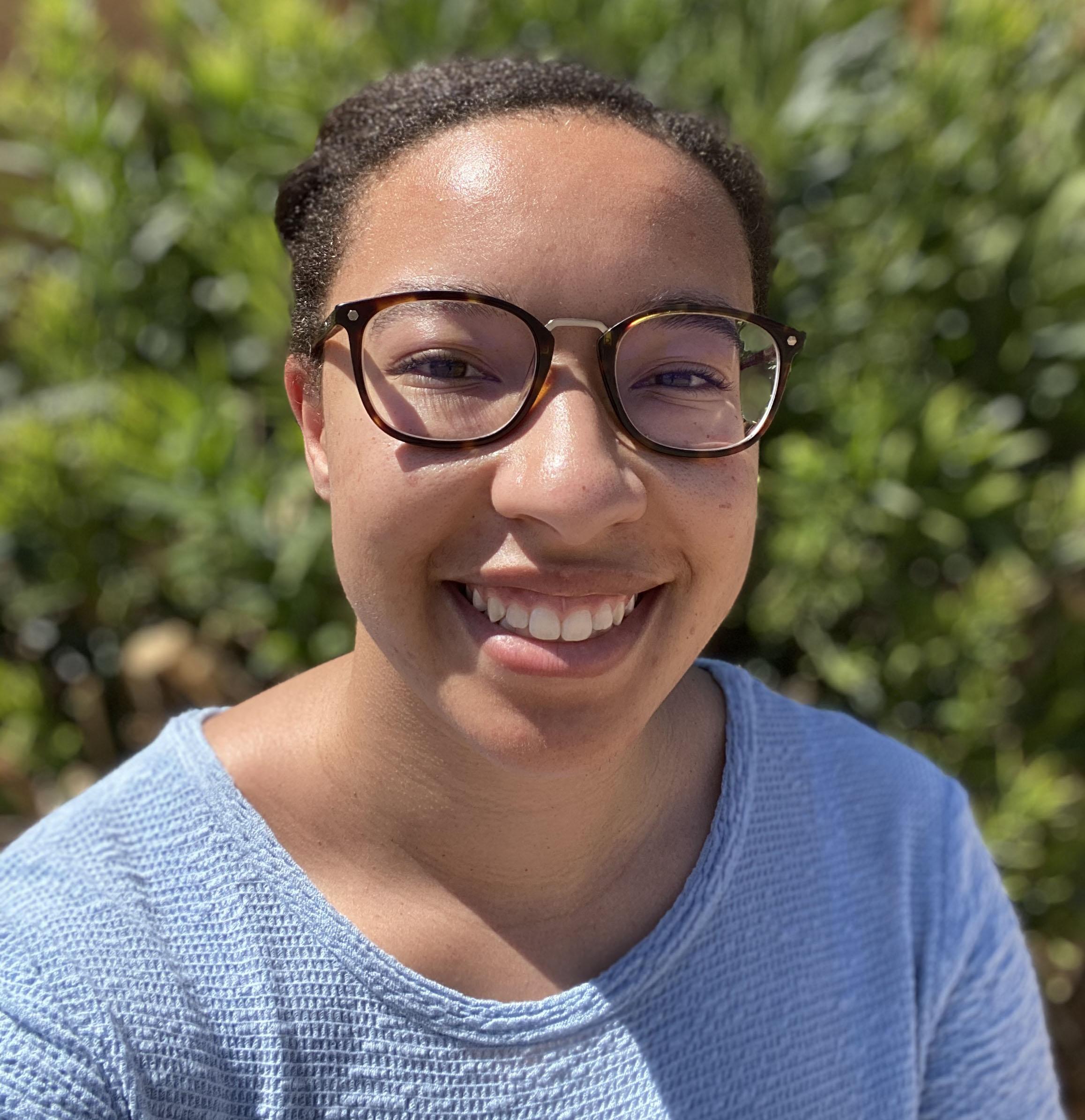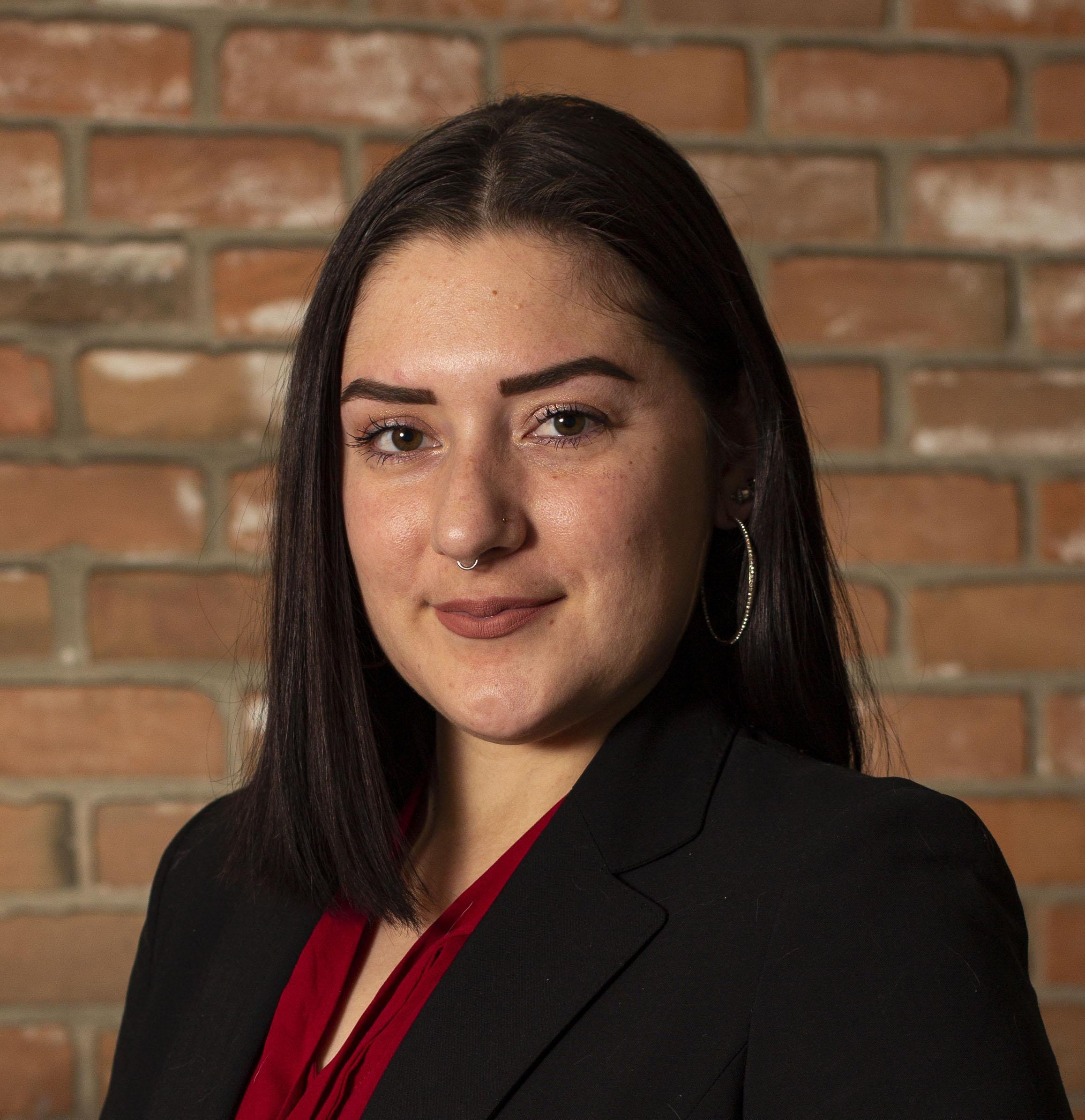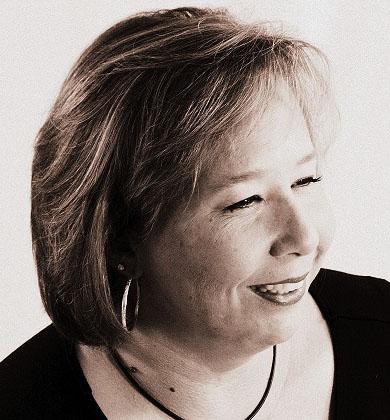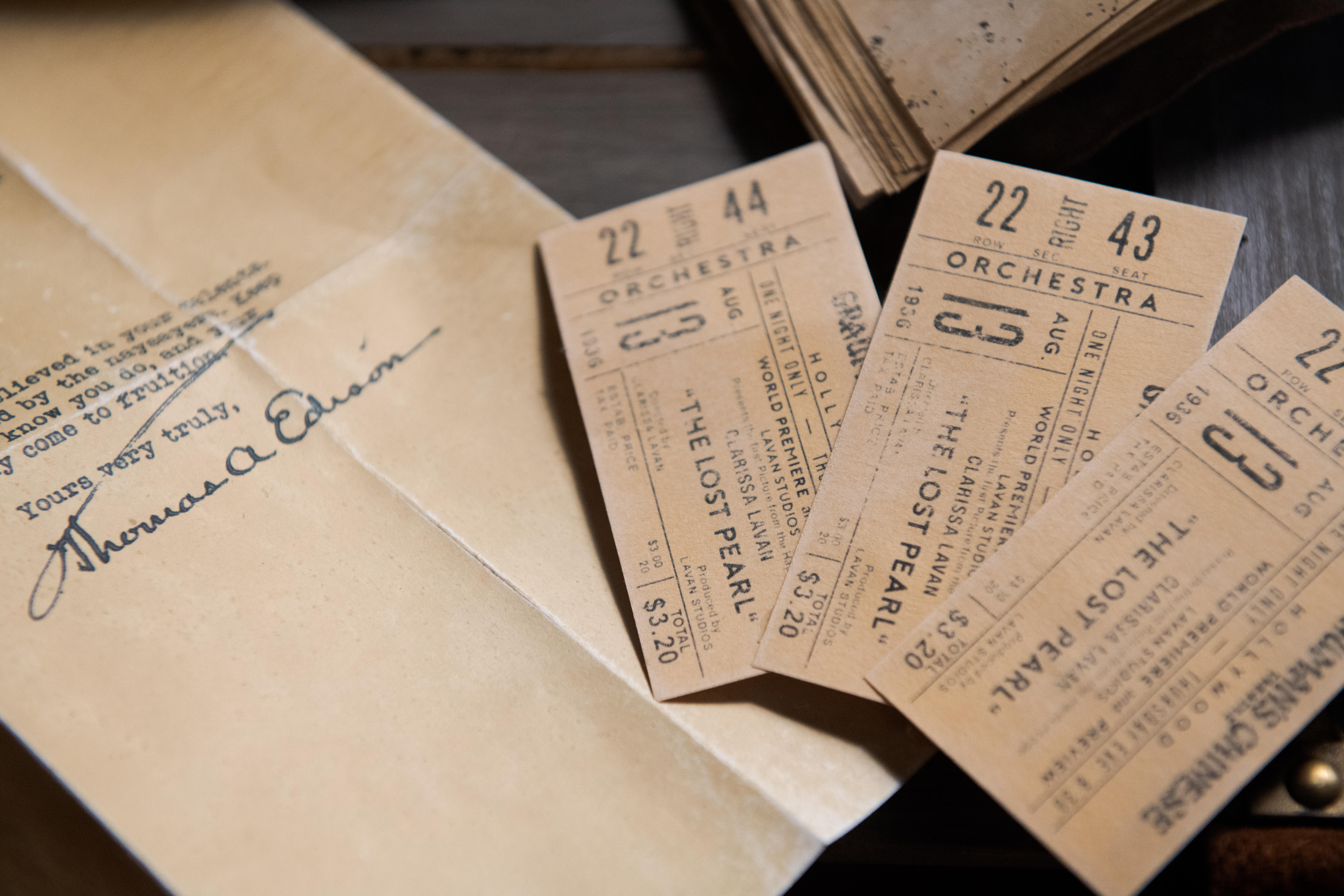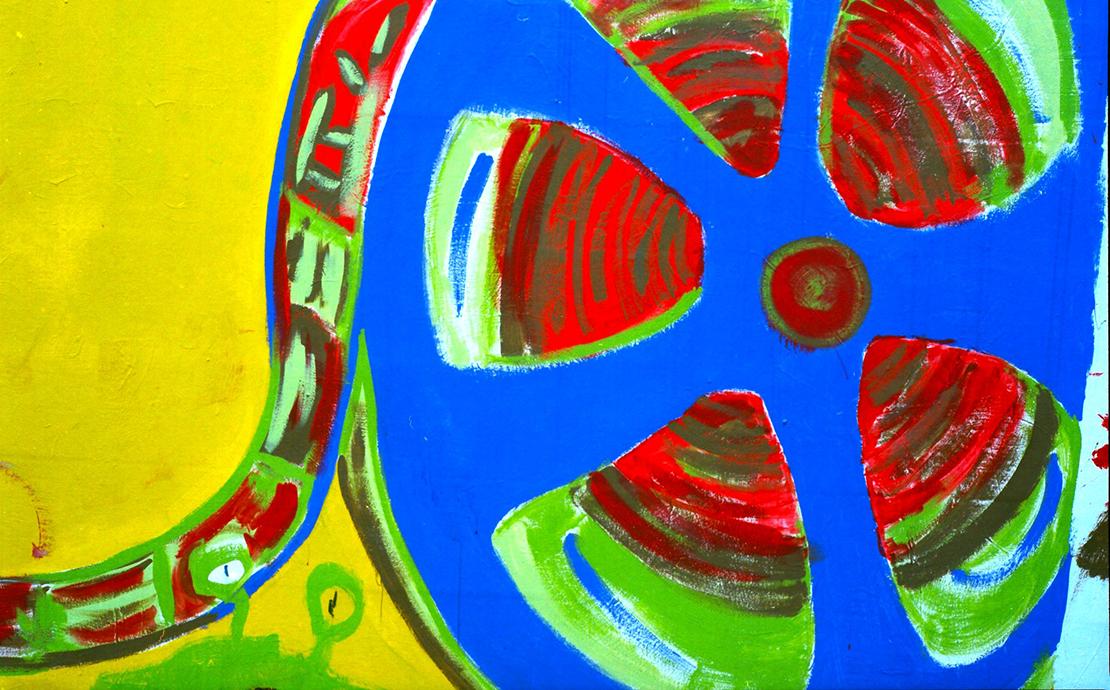Electives allow you to pursue your individual interests, and a capstone course primes you for critical and eloquent engagement with the world beyond the university.
Core courses (6 credits)
◆ ENG 503 History of Narrative
◆ ENG 509 Studies in Narrative Writing
Elective Courses (21 credits)
Choose seven courses from the list below. Other courses (ENG, COM, FMS, HST, or appropriate field) may be used for up to 6 credit hours with approval from the academic unit.
◆ ENG 505 Narrative Research Methods
◆ COM 510 Transmedia Narratives
◆ ENG 514 Studies in Experimental Narrative
◆ ENG 516 Literary Publishing
◆ ENG 519 Superstition Review
◆ ENG 520 Visual Narratives
◆ ENG 521 Writing the Southwest
◆ ENG 522 Narratives of Conquest
◆ ENG 584 Internship [with Advisor approval]
◆ ENG 590 Reading and Conference [with Advisor approval]
◆ ENG 598 Special Topics [with Advisor approval]
◆ ENG 598 Narrating the Archives
Capstone (3 credits)
◆ ENG 597 Graduate Capstone Seminar
◆ ENG 503: History of Narrative (3)
Historical overview of narrative as a mode of discourse and communication. Begins with the study of influential traditional narrative forms from Biblical and classical sources and moves to study innovation in narrative, including flashbacks, interior monologue, non-linear narrative and frustration of narrative expectations.
◆ ENG 505: Narrative Research Methods (3)
Addresses narrative and arts-based forms of qualitative research. Focuses on reporting study findings in narrative form.
◆ ENG 509: Studies in Narrative Writing (3)
Focus on specific kinds of narrative writing, like blogging, travel writing, etc. (May be repeated for credit when topics vary.) Regardless of topic, you’ll look at basic structural issues in narrative writing and gain practical, applied experience crafting your own narratives for multiple audiences.
◆ COM 510: Transmedia Narratives (3)
Explore the history, production, distribution and consumption of transmedia narratives as an emergent multiple-platform dynamic of storytelling. Focus on digital storytelling, the dynamics of nonlinear narrative and immersive audience experience.
◆ ENG 514: Studies in Experimental Narrative (3)
Critical analysis of experimental or unconventional narratives, including nonlinear narrative, surrealist narrative and metanarrative. Course materials include both text and visual narratives.
◆ ENG 516 Literary Publishing (3)
Explore various aspects of literary publishing, including market profile of journals, techniques for preparing submissions, the role of literary awards and contests, etc. May be repeated for credit when topics vary.
◆ ENG 519 Superstition Review (3)
Collaborate to complete tasks that lead to the publication of one issue of the national online literary magazine Superstition Review.
◆ ENG 520 Visual Narratives (3)
Read, analyze, and craft visual narratives, exploring forms such as graphic novels, picture-books, films, commercials, and video games.
◆ ENG 521 Writing the Southwest (3)
Study cultural representations in twentieth-century narratives of the Southwest United States, focusing on race, class, and gender in Southwest literature and cultural production.
◆ ENG 522 Narratives of Conquest (3)
Critically study narratives relating/responding to the conquest of the Americas from the fifteenth century to the present.
◆ ENG 584 Internship (3)
Structured practical experience following a contract of plan supervised by faculty or practitioners [with Advisor approval; must involve narrative content] (e.g. Mentoring Youth Writers).
◆ ENG 590 Reading and Conference (3)
Independent study in which a student meets regularly with a faculty member to discuss assignments [with Advisor approval; must involve narrative content].
◆ ENG 598 Narrating the Archives (3)
Interdisciplinary course that critically examines archives as sites of power and contestation. Explore stories told and untold in the archives and prepare to work with institutional and community archives.
For more information about joining this innovative master’s degree at ASU’s Polytechnic campus and full admission criteria, contact:
Ian Moulton, PhD
Director, President's Professor of English and Cultural History
Santa Catalina Hall, Room 251A
[email protected]
480-727-1172
College of Integrative Sciences and Arts
7271 E. Sonoran Arroyo Mall
ASU Polytechnic campus
Mesa, AZ 85212-2780

